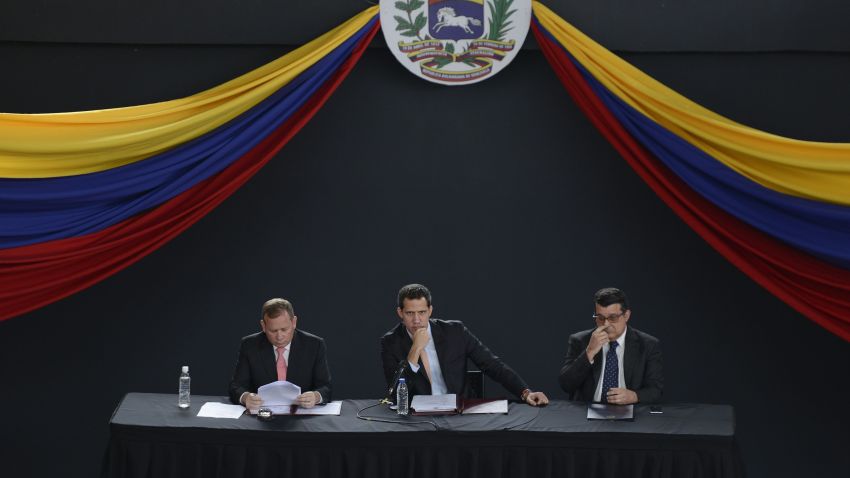Faced with a growing influx of migrants through the U.S. southern border and a spike in energy prices, the Biden administration accelerated its quiet diplomacy with Venezuela in recent months. Those efforts have already produced some breakthroughs, including the release by Caracas of wrongfully detained U.S. citizens. Now, a U.S.-brokered agreement to resume formal negotiations between the regime of President Nicolas Maduro and the political opposition is reportedly about to be announced, along with a deal to deliver humanitarian aid to Venezuela by unblocking $3 billion of Venezuelan funds frozen abroad.
But the greater challenge comes next, as U.S. President Joe Biden and his team try to leverage sanctions to incentivize Maduro to allow greater space for the opposition to compete in the 2024 presidential election. Having inherited the Trump administration’s policy of maximum pressure, which was designed to force the Maduro regime’s collapse yet only further ensconced him in power and left Venezuelans more destitute, Biden must now find a way to unwind sanctions without simply rewarding Maduro’s ability to outlast them.
Both the Biden administration and the Venezuelan opposition recognize the opportunity the 2024 election affords. Previous electoral boycotts by the opposition simply ceded the political field to Maduro’s ruling Socialist Party and its allies. And it was the opposition’s victory in the legislative elections of 2015 that marked its most consequential challenge to the Chavista regime’s hold on power, ultimately allowing for the naming of opposition leader Juan Guaido as interim president in 2019, even if that gambit ultimately failed to dislodge Maduro.

